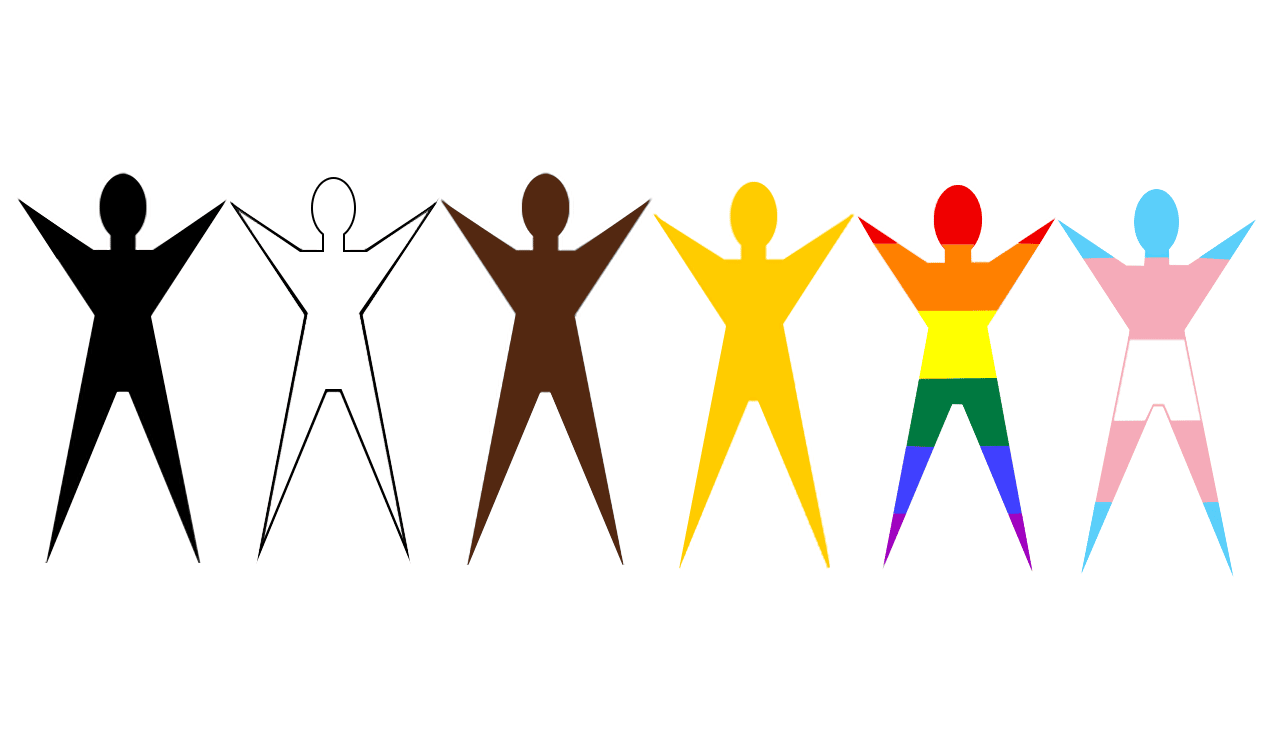Why We Removed Gendered Pronouns from Our Policies

I love policies because they protect our people and our business. As Monica Geller said, “They control the fun.” Whilst Monica said that about rules, the premise is still the same to me. However, how can a policy protect our people if some of our people don’t see or recognize themselves in the policy, and therefore feel excluded in the workplace?
Gender identity is how someone identifies themselves on the inside, and gender expression is how they choose to share that on the outside. It is different from their sex assigned at birth, and different from their sexuality, which is who they are attracted to.

The concept of gender expression, or the way in which individuals present their gender through behaviour, clothing, hairstyles, voice, and other forms of self-expression, has been present in various cultures throughout history. Adopting gender-neutral language in policies is a progressive step towards dismantling gender-based discrimination
When gendered language is used in policies, it can create an exclusive and discriminatory atmosphere for those who do not conform to traditional gender norms. It also sends a message that certain individuals are not welcome or valued in that space. Furthermore, gendered language can perpetuate harmful stereotypes and reinforce societal expectations and biases.
Using gender-neutral language allows for a more equitable and unbiased approach to policy-making and implementation.
In addition to promoting inclusivity and equality, using gender-neutral language in policies can also make them more effective and efficient. Gender-neutral language is less likely to be misinterpreted or misunderstood, which can lead to improved communication and implementation of policies.
In short, removing gendered words from policies is an important step towards promoting inclusivity, equality, and effective policy-making. It allows for a more equitable and unbiased approach to policy-making and implementation that benefits everyone.

